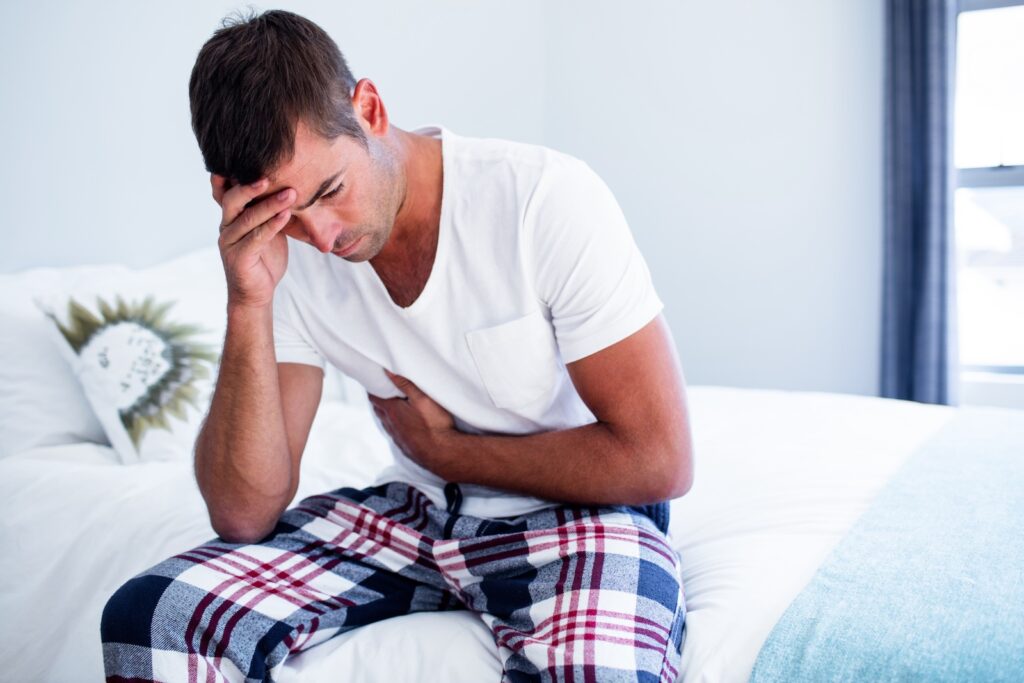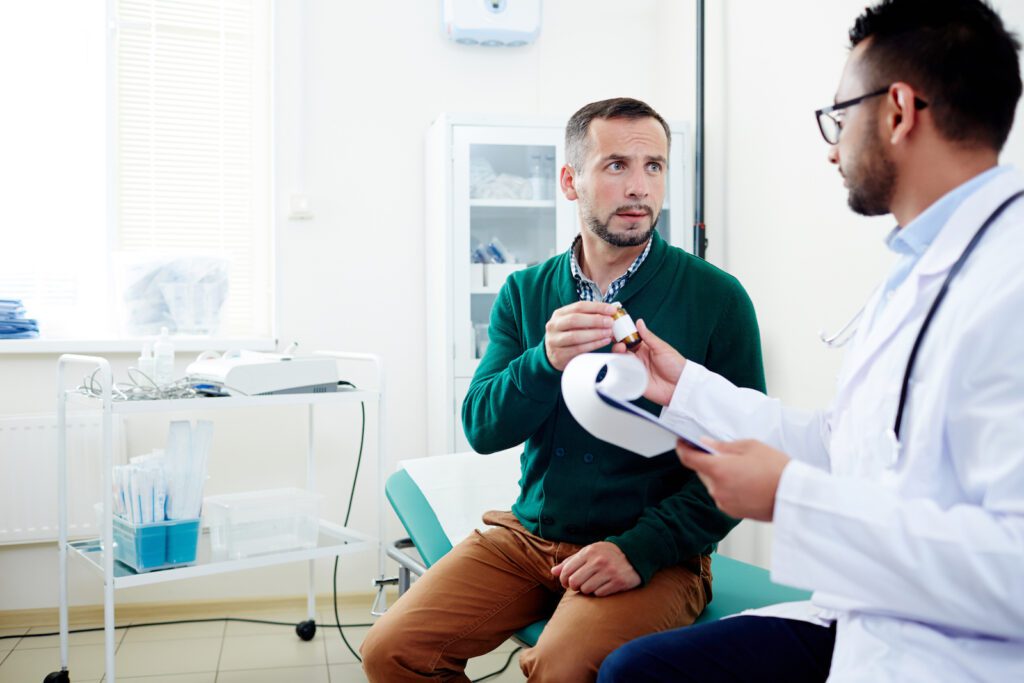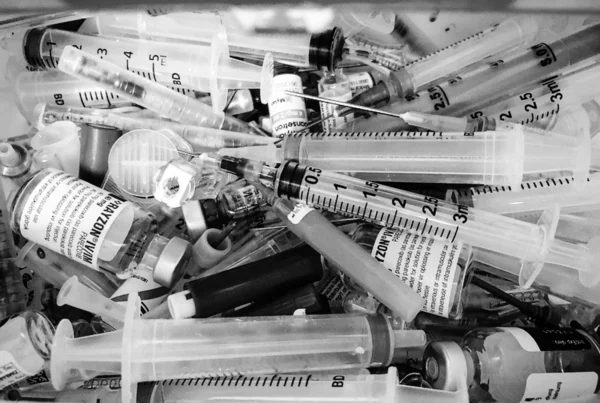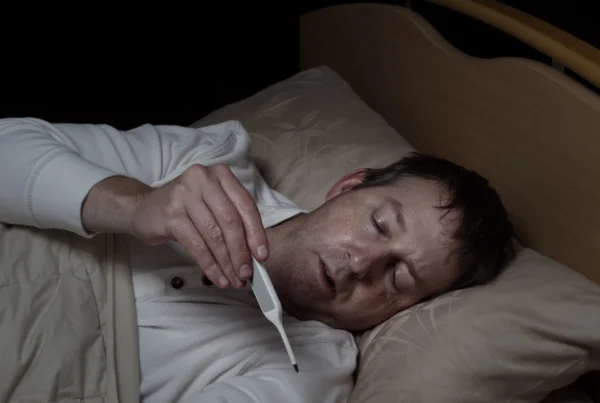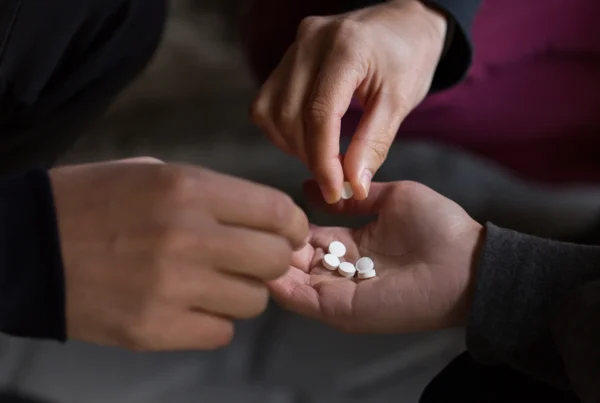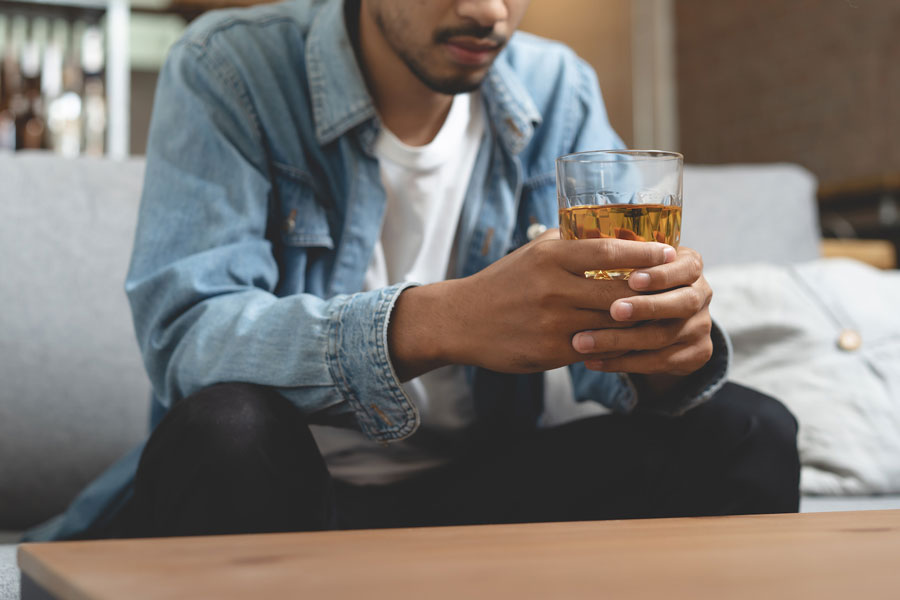
Table of Contents
Gabapentin is generally considered a safe drug to be prescribed by your physician when taken according to the doctor’s and the manufacturer’s recommendations. Unfortunately, this particular drug can have incredibly hazardous potential interactions with many other common substances, none more common than alcohol. Alcohol is one of the most commonly abused substances in the US. It can be found in just about any establishment that sells packaged beverages and in most restaurants, but it can be an incredibly dangerous drug.
In many cases, the interactions that occur will result in a medically significant event, meaning there could be the potential for serious harm or even death. If you have been prescribed gabapentin by your preferred medical professional, you must know how gabapentin can affect you, how alcohol can affect you, and what the possible dangers are of mixing gabapentin and alcohol.
What Is Gabapentin?
Gabapentin is an anticonvulsant often sold under the common brand name Neurontin. It is largely used to help suppress or manage seizures resulting from epilepsy. While useful for seizure treatment, it is also used to help treat pain that is associated with the disease shingles. Shingles can last for months or even years after being diagnosed and treated. Gabapentin is also useful in the treatment of other illnesses as well, such as managing the uncomfortable sensations and symptoms of restless leg syndrome.
Gabapentin works to help these conditions by reducing activity in areas of the brain where seizures are commonly found to occur in individuals with epilepsy. This medication has a strong effect on the pain receptors that are known to be triggered by shingles. This can have a dramatic effect on the typical burning sensation and the tingling feeling that is reported by those suffering from shingles. When it is prescribed to mitigate the symptoms of restless leg syndrome, the effects are well known, but like many facets of that illness, the mechanism by which gabapentin helps the symptoms is unknown.
What Are the Side Effects of Gabapentin and Alcohol?
Since each substance is rather complex and affects the body and mind in different but numerous ways, combining them can be disastrous. The side effects of legitimate prescribed use of gabapentin can often fluctuate in severity, and many are known to only occur for a short time before vanishing.
These side effects will often include:
- Feelings of lightheadedness or dizziness
- Drowsiness or increased sleepiness
- Potentially intense feelings of nausea
- Vomiting and diarrhea
- Headache
- Fatigue
- Anxiety
- Joint pain
- Fever
- Uncontrollable sweating
- Shaking or tremors
- Constipation
- Problems forming, storing, or recalling memories
- Dry mouth
- Swelling in the hands, legs, ankles, or feet
When you first begin taking gabapentin after it is prescribed, it will likely cause a limited amount of exposure to the side effects, and they will frequently be quite mild. This can be one of the reasons that people are unaware of just how dangerous it can be to mix gabapentin and alcohol because even though the potential short-term effects aren’t severe enough to cause any concern, using alcohol in any capacity will change this quickly, and create a potentially very dangerous situation.
Dangers of Mixing Gabapentin and Alcohol
When taking gabapentin, consuming alcohol is contraindicated, presenting several potentially disastrous risks and possible complications. These risks only begin with the high chances of experiencing more severe side effects that can result in dangerous behavior like driving while extremely sleepy.
Both alcohol and gabapentin are well-known for affecting changes in cognitive ability and mood stability. However, adding alcohol to gabapentin can present unanticipated side effects that may be fatal if not treated, like depressed respiration. In addition, mixing gabapentin and alcohol can also lead to side effects that become much more intense in a short period.
These potential side effects include:
- Fatigue and drowsiness
- Anxiety
- Mental issues like sudden confusion
- Nausea that may be accompanied by vomiting, constipation, or diarrhea
- Lightheadedness and dizziness
It is worth noting that even though the potential side effects that come with taking prescribed gabapentin by itself may be relatively mild and only affect you temporarily, they will become much more severe when you add alcohol to the mix. This is one of the primary reasons you should avoid taking gabapentin and alcohol together if possible. This is even more crucial if you are already experiencing side effects from your gabapentin prescription. Therefore, if you are worried about any side effects you are experiencing from taking this medication, you must speak to your doctor immediately.
How to Get Help if Addicted to Gabapentin or Alcohol
If you or someone in your life that you care for may struggle with substance abuse, including alcohol while on a gabapentin prescription, one of the most important steps that can be taken is to reach out to experienced professionals. When you choose to work with a professional treatment center, they can help you achieve a complete detox and recovery while addressing each individual’s needs with compassion as health care professionals.
Following a safe and medically supervised detox process, the recovering individual can dive deeper into what causes them to abuse substances by working with counselors and other recovery and health professionals. By working to identify what serves to trigger the individual to want to use, they can develop coping skills to avoid situations or events that may bring back cravings. This helps to maintain a recovery mindset going forward, giving lifelong recovery a much better chance.
As mentioned above, the best step toward a successful recovery is to immediately reach out for help when signs of an addiction emerge. This will provide the greatest opportunity for the individual to get qualified help before their well-being is in jeopardy or they become plagued by a full-out addiction. So reach out today if you or a loved one is struggling from addiction. You deserve the chance to walk on the path to a better tomorrow right now.
Sources:
Ocean Recovery has strict sourcing guidelines and relies on peer-reviewed studies, academic research institutions, and medical associations for our references. We avoid using tertiary references as our sources. You can learn more about how we source our references by reading our editorial policy.
1. Yasaei R, Katta S, Saadabadi A. Gabapentin. StatPearls Publishing; 2022. Accessed July 31, 2022. https://www.ncbi.nlm.nih.gov/books/NBK493228/
OCEAN RECOVERY EDITORIAL GUIDELINES
The internet contains a vast amount of misinformation, but when it comes to your health only peer reviewed, research centered data matters. At Ocean Recovery, all content published throughout our website has been rigorously medically reviewed by a doctorate level clinician, and cross checked for medical accuracy. Our editorial process helps our readers trust that the information they are consuming is factual and based upon scientific data. Your health is our top priority, find out more about how we safeguard the integrity of information on our website. Read More About Our Process

